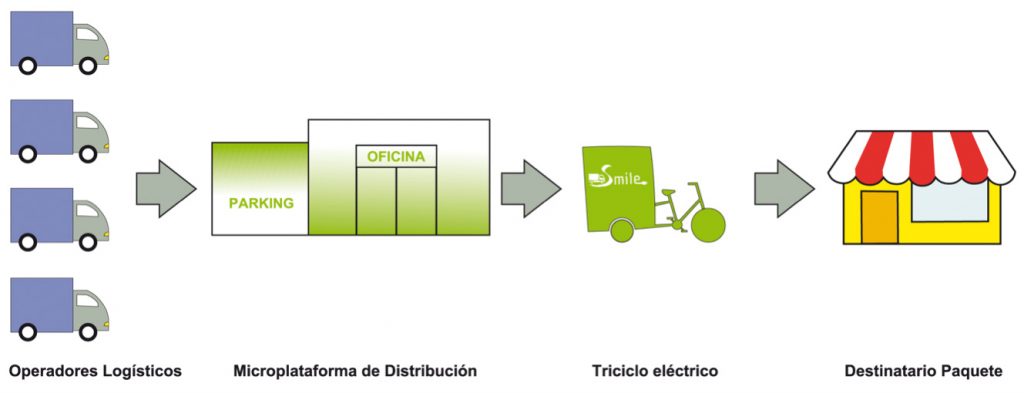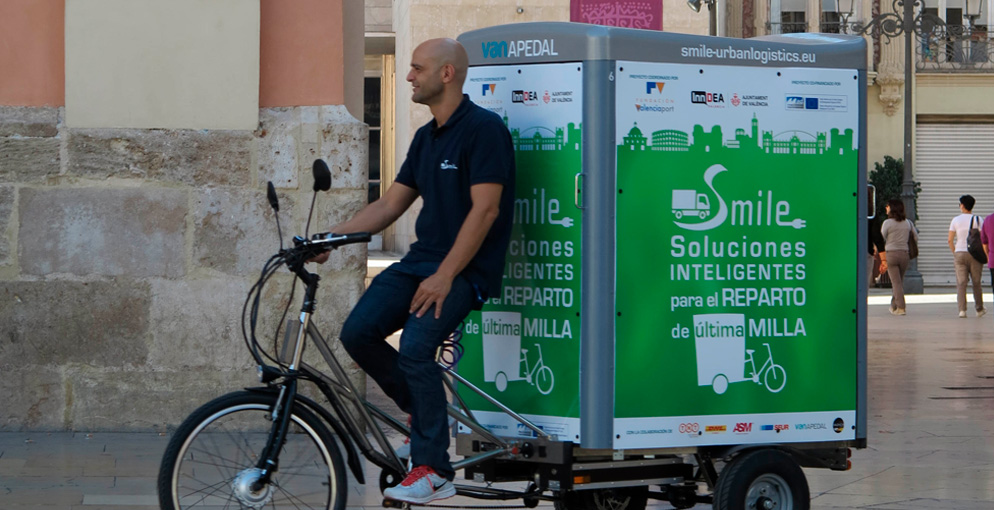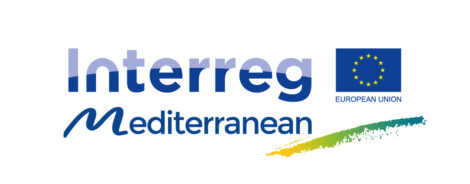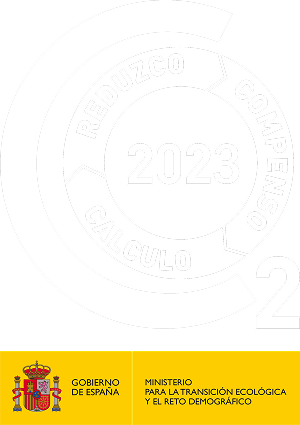The main objective of the SMILE project was to contribute to the development of smart, energy-efficient Mediterranean cities. To that end, it involved testing smart solutions in the field of urban logistics aimed at reducing energy consumption, emissions, noise and traffic congestion.
The main challenges set in the project were:
- Support public institutions in developing energy-efficient urban logistics policies, strategies and plans.
- Raise awareness of the major impact urban logistics can have on the energy efficiency of cities.
- Improve knowledge of energy-efficient urban logistics solutions.
- Reduce energy consumption related to logistics and transport.
- Reduce greenhouse gas emissions from transport.
- Minimize traffic congestion and other disturbances caused by urban freight distribution.
Six cities were involved in this project: Piraeus, Bologna, Montpellier, Rijeka, Barcelona and Valencia.
The main results of the SMILE project are summarized below:
- Analysis of the urban freight logistics situation:
A simulation tool was used to conduct an analysis of the transportation needs arising in each of the cities participating in the project. This tool enabled the analysis of different transport chains and their impact on the city.
- Policies and Best Practices
A compilation was made of best practices implemented in European cities in the field of urban freight distribution.
In addition, plans, measures and policies developed in each of the participating cities were studied to identify possible improvements in the area of urban logistics.
- Pilot activities
Lastly, 11 demonstration pilots were carried out, based around four thematic areas:
-
- Electric mobility.
- ICT solutions for urban logistics.
- Optimization of urban waste collection.
- Recognition programmes for environmentally-responsible operators.
In particular, an electric mobility pilot was implemented in Valencia, focusing on last-mile parcel delivery using electrically-assisted tricycles and supported by a distribution microplatform. This pilot action took place between October 2014 and January 2015.

Figure: Diagram of Electric Mobility pilot in Valencia
The SMILE project was selected as an example of good practice in the area “Sustainable Life in Cities” in the European Business Campaign 2013-2015 – Enterprise 2020 initiative promoted by the CSR Europe Network.



